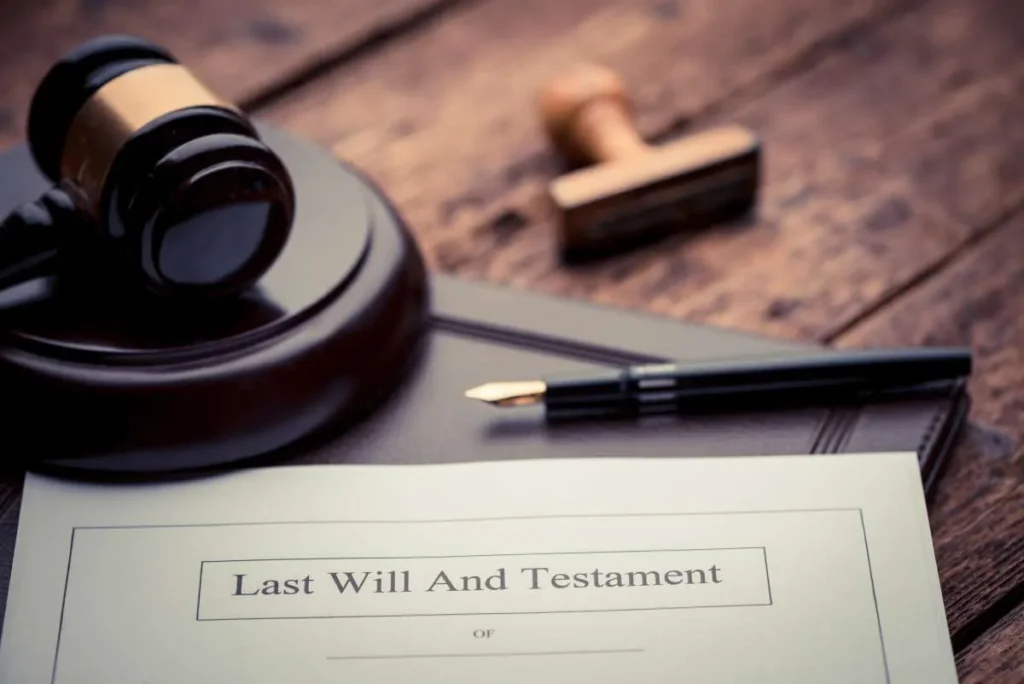Texas is famous for its independent spirit, vast landscapes, and booming real estate market. However, what many people don’t realize is that the state also has some of the most unique and unusual real estate laws in the country. From whether you can purchase historic landmarks like the Alamo to bizarre property rights, Texas real estate laws contain fascinating quirks that set them apart from the rest of the United States. If you’re a homeowner, investor, or just someone curious about the wild world of Texas property law, this article will explore some of the most unusual legal aspects of owning land in the Lone Star State.
Can You Buy the Alamo?

The Alamo is one of the most historic landmarks in Texas, known for the legendary 1836 battle during the Texas Revolution. But could a wealthy investor or corporation ever buy it?
The Short Answer: No.
The Alamo is owned by the state of Texas and managed by the Texas General Land Office (GLO). It is not for sale, nor could it ever be privately owned under current law.
In 1883, the state of Texas purchased the original Alamo chapel from the Catholic Church for $20,000. Since then, it has remained under state control. In 2011, Texas law formally designated the Alamo as a state historic site, meaning it must be preserved for public use and education.
However, this hasn’t stopped some unusual controversies over its ownership:
- In the early 1900s, a private company owned part of the site and used it as a warehouse before Texas took full control.
- In 2015, singer Phil Collins (a history enthusiast) donated his collection of Alamo artifacts, sparking debates over how Texas should display and preserve them.
- In recent years, discussions about redevelopment and funding have led to debates about private influence over the site.
While the Alamo isn’t for sale, Texas does have some strange real estate laws that allow for other unusual purchases—and even potential ownership disputes.
Strange and Unusual Texas Real Estate Laws
While you can’t buy the Alamo, Texas law does allow for some unexpected property rights and real estate transactions. Let’s take a look at some of the most unusual:
1. Republic of Texas Land Grants – Old Claims to Property
Before Texas became a U.S. state, it was an independent republic (1836–1845). During this time, the Texas government gave away land grants to settlers, soldiers, and investors.
What’s strange? Some people still hold claims based on these old grants!
- If an heir can prove their ancestor received a Republic of Texas land grant that was never formally transferred, they might have a case to claim the land.
- Texas courts occasionally deal with disputed land ownership cases tied to grants from nearly 200 years ago.
This makes for some complicated (and sometimes profitable) property disputes.
2. The “Free Land” Law – Adverse Possession in Texas

Did you know you can legally claim someone else’s property in Texas if they abandon it and you live there long enough?
This is called adverse possession, often referred to as “squatter’s rights.” Texas has one of the more generous adverse possession laws in the U.S.
Here’s how it works:
– If you occupy a piece of land or home for 10 years, you can claim legal ownership.
– You have a deed (even a fake one) and pay taxes, you can claim ownership in as little as 5 years.
– If the true owner never contests it, the property becomes yours.
There have been cases where people moved into abandoned houses, filed paperwork, and legally took ownership after a few years. It’s a rare but very real legal loophole in Texas real estate law.
3. River Property Owners Can Own the Land… But Not the Water
If you own land next to a river in Texas, you might assume you own the water flowing through it. Not so fast!
Texas follows the dual water rights system, meaning:
- The land under the river belongs to the property owner.
- The water itself belongs to the state and is subject to Texas water law.
This means you can’t stop people from kayaking or fishing on a river that runs through your property. In some cases, even if you own both sides of the river, it’s still public property when it comes to the water rights.
4. You Can Buy a Town in Texas
Yes, you read that right! You can legally purchase an entire town in Texas.
Over the years, a few small towns and unincorporated communities have been sold to private buyers. Some notable examples include:
- Lobo, Texas – A near ghost town sold in 2021 for an undisclosed amount.
- Albert, Texas – Sold in 2009 for $3 million, including a dance hall and post office.
- Bankersmith, Texas – Purchased and renamed “Bikinis, Texas” by a businessman in 2012 (though it has since reverted back).

If you’ve ever dreamed of owning your own town, Texas is one of the few places where it’s still possible!
5. You Don’t Always Own the Air Above Your Property
In Texas, air rights are separate from land ownership. This means that:
- You may own the land, but airspace above it could be sold separately.
- Companies can buy air rights for billboards, utilities, or drone operations over your property.
- You might not be able to stop a tall building from blocking your view, even if it impacts your home’s value.
Some cities, like Dallas and Houston, have had legal battles over air rights and whether private landowners can prevent commercial drone flights.
6. The Fence Laws: Who Pays for It?
Texas has some of the most complex fencing laws in the U.S., and they often favor livestock owners.
✔ If you live in a “closed range” area, you must fence in your animals.
✔ If you live in an “open range” area, livestock can roam free, and it’s your responsibility to fence them out.
This means that if a cow wanders onto your property and eats your garden, it could be your fault for not having a fence!
Texas Probate and Unclaimed Real Estate: Can You Inherit Forgotten Land?
In Texas, real estate doesn’t just disappear when someone passes away—it either transfers to heirs through probate or, in some cases, becomes unclaimed property. Texas has a unique probate system that allows for independent administration, making it easier and less costly to transfer property compared to other states. However, if someone dies without a will (intestate) and no heirs step forward, their land could eventually be taken over by the state. Surprisingly, Texas still has forgotten land grants and unclaimed properties from the days of the Republic of Texas, with modern families occasionally discovering they are the rightful heirs to valuable land. This has led to legal battles over old land deeds, particularly in rural areas where ownership records are murky. If you think you might be the heir to forgotten Texas property, checking the state’s unclaimed land registry could reveal some unexpected real estate waiting to be claimed.
Final Thoughts
Texas has some of the most unique real estate laws in the country. While you can’t buy the Alamo, you can still find plenty of odd legal quirks, from adverse possession laws to buying entire towns. Whether you’re a homeowner, investor, or just fascinated by the wild world of Texas real estate, it’s always a good idea to know the laws before you buy, sell, or claim land. Would you ever want to own a town or take advantage of Texas’ unusual property laws? Let’s hear your thoughts!








